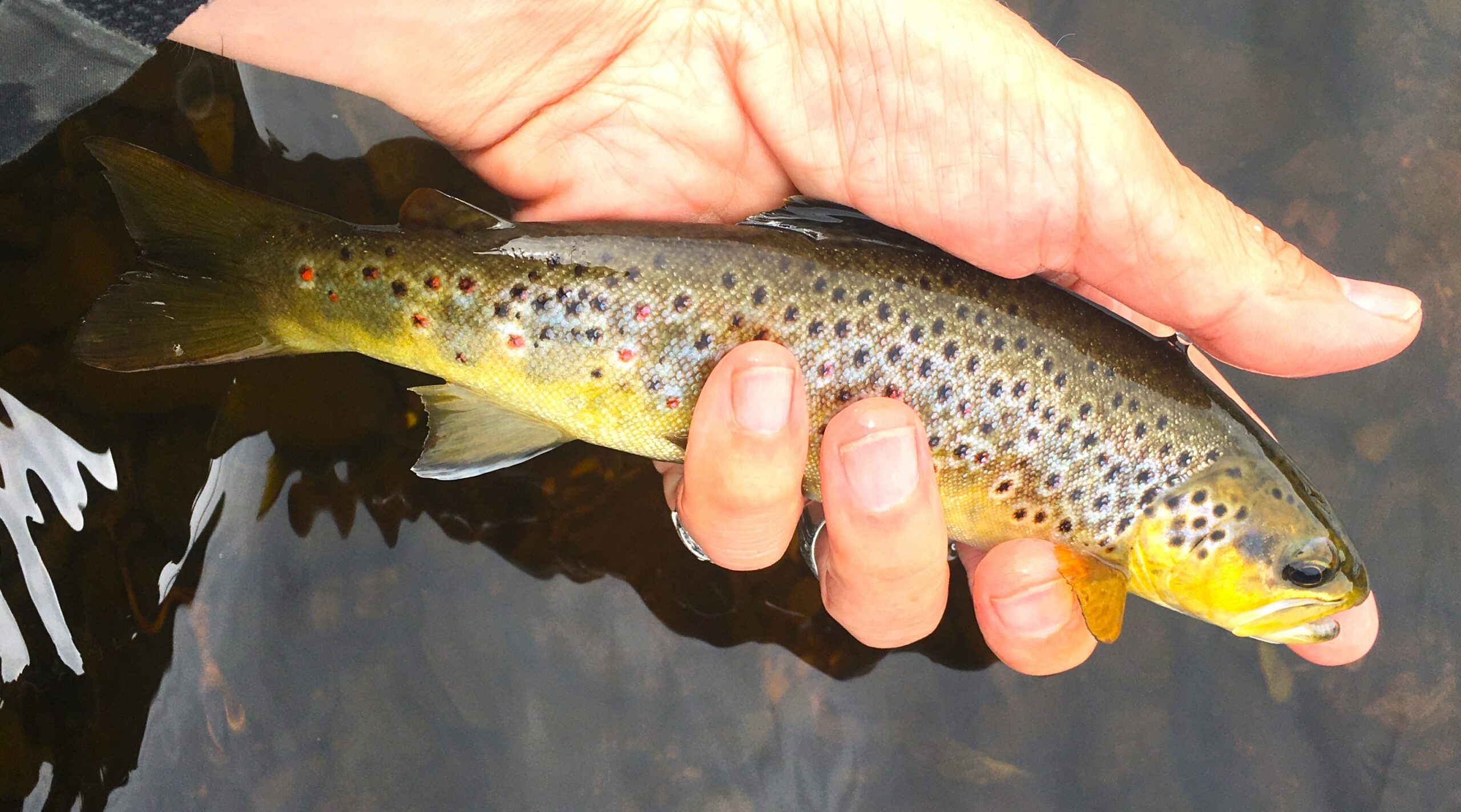
Anglers Against Pollution
Anglers’ anger as government delays crucial rivers audit until after the general election
Anglers have reacted with fury at the news the government and Environment Agency will not complete the latest assessment of the state of our rivers until after the next general election.
Our rivers were meant to be assessed annually, but now the government has decided to delay the next full assessment until 2025, putting at risk is own targets of ‘improving at least three quarters of our waters to be close to their natural state’ by 2027.
The regulations relating to the Water Framework Directive (WFD) have clear targets the government is required to meet:
‘The objective is the good status of groundwater and surface waters. This comprises lakes and running waters as well as transitional and coastal waters up to the so-called baseline one nautical mile off the coast. All these waters are to be clean and ecologically intact by 2015 or, with deadline extensions, by 2027.’
Yet, at the full assessment in 2019, only 14% of our rivers were categorised as being in good biological condition, with later assessments showing not a single river achieved good for its chemical condition.
Initial analysis seen by the Angling Trust has shown that since 2019, things have got worse not better, and in 2017, former Environment Agency chair Sir James Bevan told a government select committee that it would not be possible to meet the 2027 date.
Stuart Singleton-White, Head of Campaigns at the Angling Trust, said:
“The Angling community has been at the forefront of the campaign for clean rivers for over 70 years and we are tired of being fobbed off with excuses, delays and cover ups. The government claims it is taking action and talks about its Plan for Water, its Environmental Improvement Plan, and its Storm Overflow Reduction Plan but these are meaningless if they won’t reveal just how bad the problem has become.”
Martin Salter, Head of Policy at the Angling Trust, said:
“This unacceptable delay is all part of a pattern and comes on the back of the letters we’ve seen from the Environment Secretary, Thérèse Coffey, instructing water companies to downgrade their climate change planning and roll back on their investment plans for protecting our rivers.
“With a general election likely in the next year, it feels as if ministers are reluctant to admit that their policies are failing our rivers and the wider water environment. They knew the news would be bad and so would rather bury the data and kick the can down the road.”
Kris Kent, Policy and Advocacy Manager at the Angling Trust, said:
“Over the past year, the Angling Trust has created one of the largest volunteer networks of river quality monitors in England with anglers regularly collecting data on the quality of our waters. Anglers are passionate about the rivers, lakes, and coastal waters they love, and they are determined to fight for them and see them returned to good health, with thriving wildlife and an abundance of fish.”
A recently published report, Water Quality Monitoring Network: Severn Pilot Interim Report (July 2023), used data collected by 40 volunteers from 18 angling clubs, monitoring 30 sites across the Severn catchment from the Upper Severn and its tributaries near its source in north Wales to below Tewkesbury in Gloucestershire. It revealed that of the 26 sites summarised in the report:
- 11 sites have a mean average that exceeded the UK’s Water Framework Directive upper limit for phosphates.
- 9 sites have a mean average that exceeded the trigger limit for nitrates.
- 8 sites exceeded both phosphate and nitrate limits.
As part of its Anglers Against Pollution Campaign, the Angling Trust has put forward 12 actions that are needed urgently:
- The English and Welsh Governments to establish fully funded policies to address pollution in our waterways that deliver improvements now, not in the dim and distant future.
- Government to fund the enforcement of regulatory standards and implementation of the polluter pays principle across all sectors.
- Government to fast track the mapping and replacement of septic tanks discharging into surface waters, with a focus on high-risk areas such as protected sites.
- Government to ensure that the Department for Environment, Food and Rural Affairs (Defra), the Water Services Regulation Authority (Ofwat), the Environment Agency (EA), and Natural Resources Wales (NRW) prioritise addressing the pollution of our rivers and that they are funded in order to do so.
- Government to provide significant investment in local and catchment wide nature-based improvements, working with nature and using natural processes to protect and improve water quality.
- Government to include gateway requirements and specific options in all three Environmental Land Management schemes that go beyond regulatory baselines and basic good business practice and encourage farmers to achieve clean water in watercourses and waterbodies across their holdings. Options should range from basic soil health measures to large-scale habitat creation through arable reversion.
- Government to drive compliance with agricultural diffuse water pollution regulations by establishing a comprehensive advice and training regime to support land managers, complementing enforcement work.
- Farmers to stop polluting rivers and to comply with the most basic regulations such as Nitrate Vulnerable Zone (NVZ), Silage, Slurry and Agricultural Fuel Oil (SSAFO), Environmental Permitting Regulations (EPR), and the Farming Rules for Water.
- The EA to further increase the number of Agriculture Regulatory Inspection Officers, undertake more farm inspections, support compliance, enforce regulations and boldly prosecute non-compliance.
- Water companies to do more, and more quickly. No bonuses for directors and senior managers until raw sewage is no longer discharged into our rivers.
- A change of culture at the EA and NRW. They need to become detectives looking for pollution and enforcers of the law.
- Government to follow through on its commitment to reinvest fines handed out to polluters into environmental improvements.
You might also like

ENGLAND WIN SILVER, RINGER TAKES GOLD, AND MASTERS FINISH…
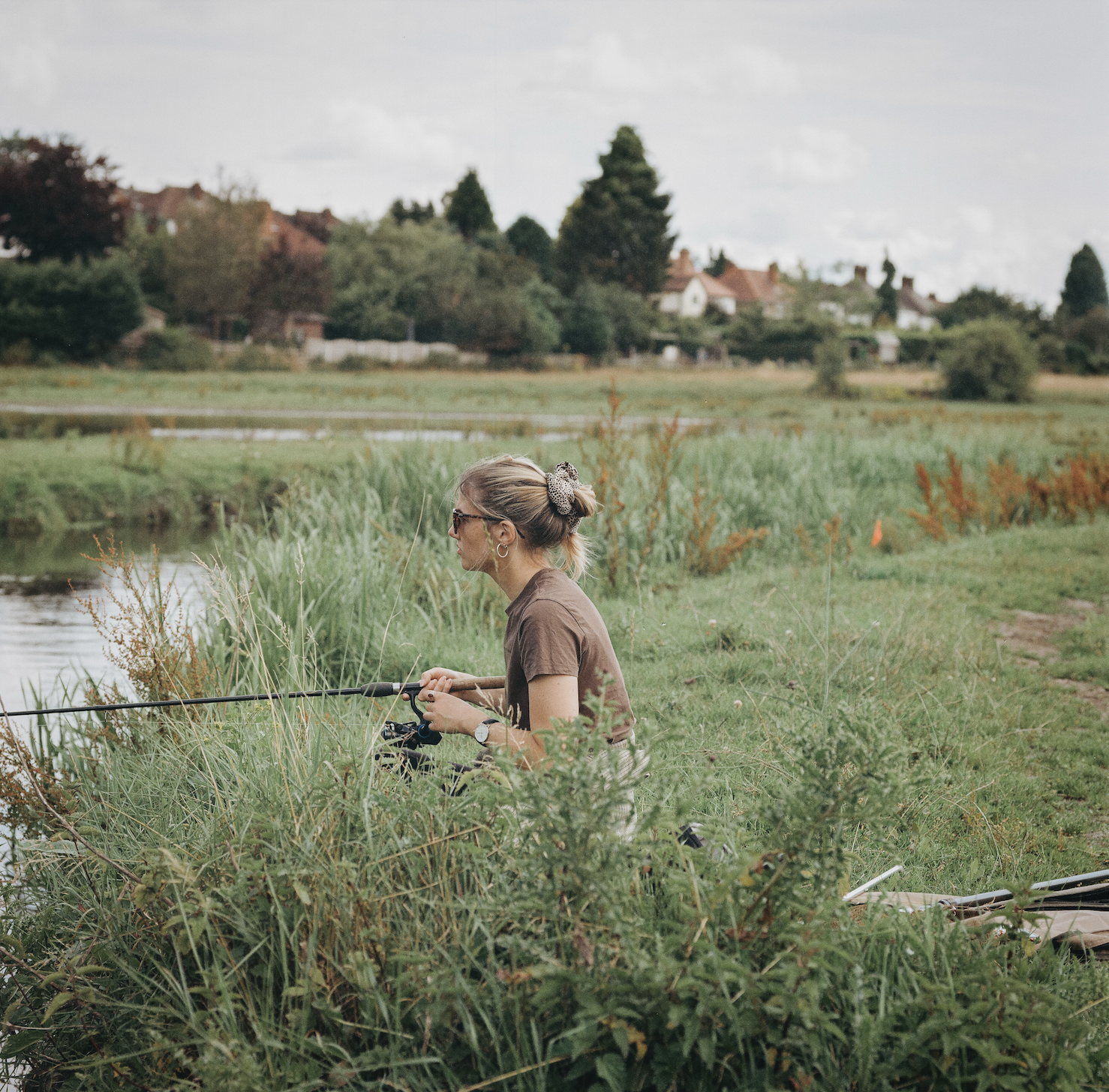
‘Lady of the Stream’ photographer Amber Banks Brumby captures…

ANGLING TRUST APPOINT NEW MANAGER FOR ENGLAND DISABLED TEAM

SILVER FOR ENGLAND IN MASTERS FEEDER WORLD CHAMPS

MANAGER NAMED FOR NEW ENGLAND U22 CARP TEAM

Anglers Views Needed on Southern IFCA Shore Gathering Byelaw

Angling Improvement Fund now open for projects to control…
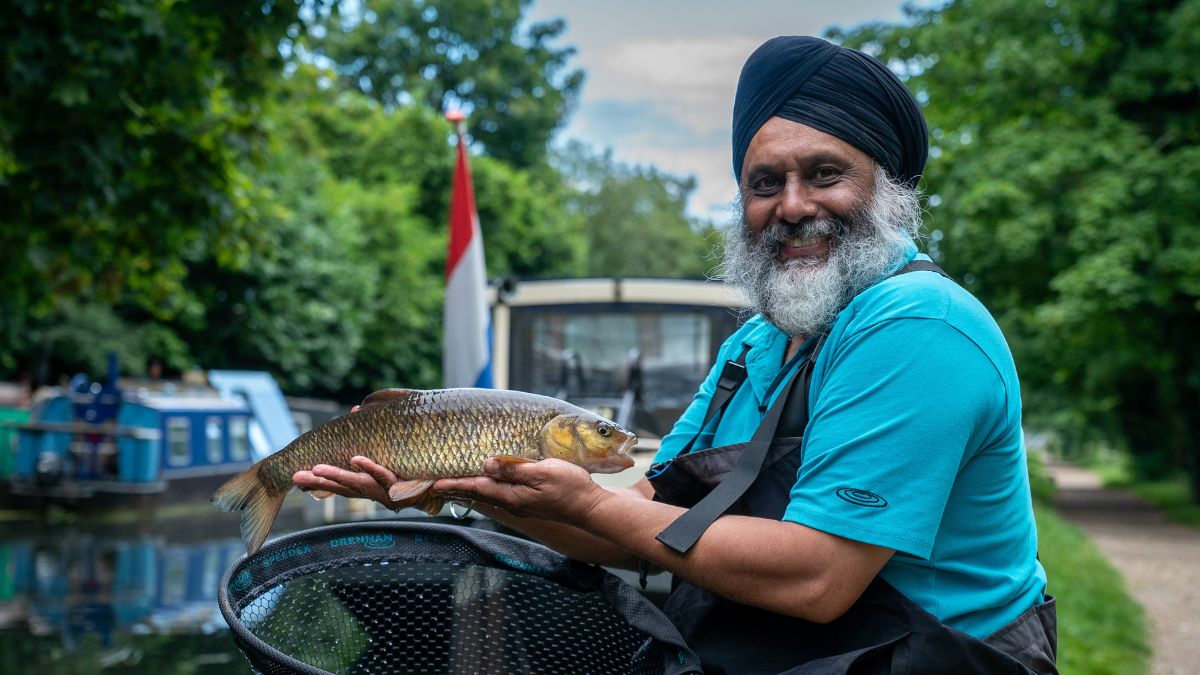
Londoner selected for Angling Trust’s short film YouTube series
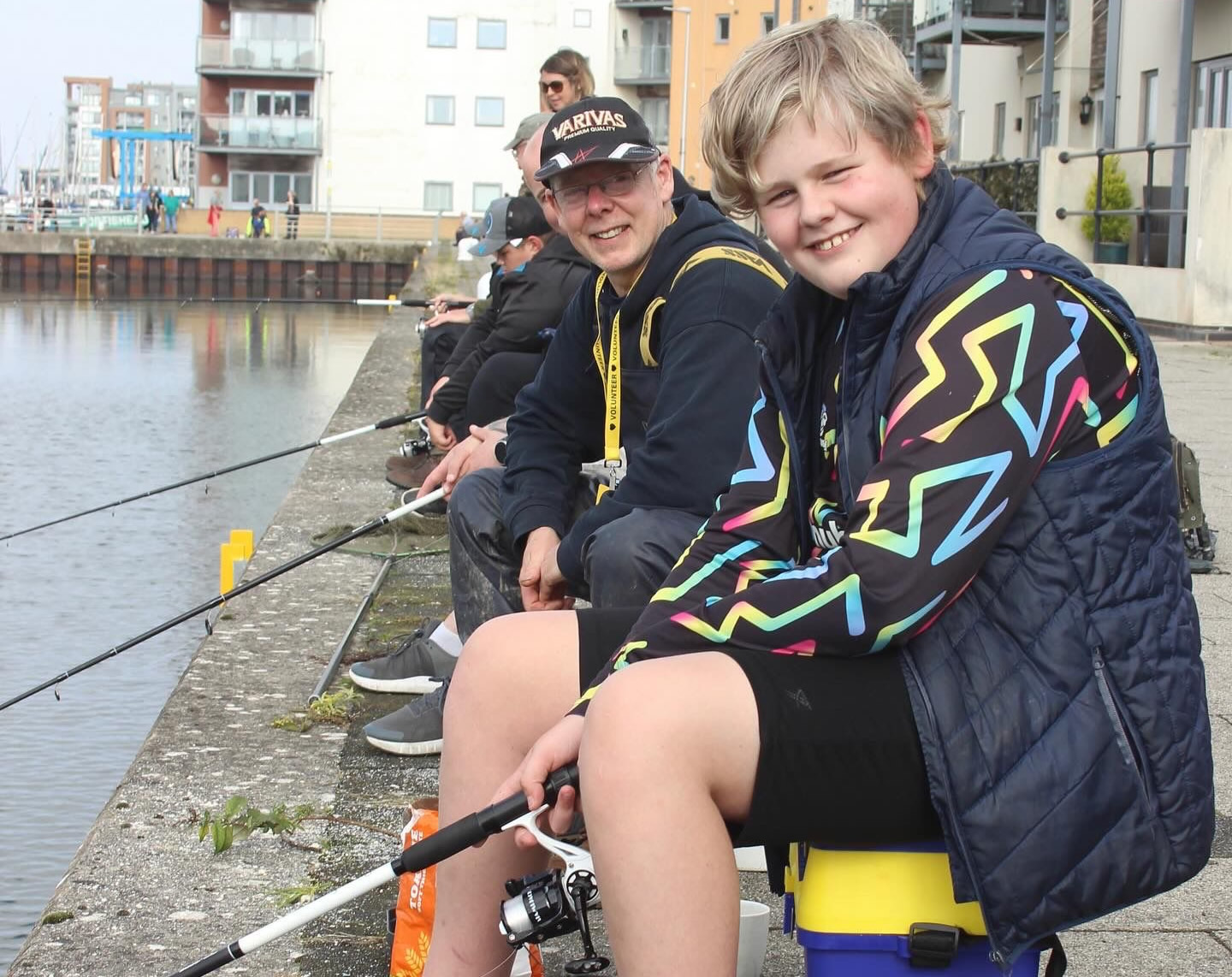
📷 NEW PHOTOS: Get Fishing event at Portishead Marina…

ENGLAND KAYAK TEAM WIN SILVER IN CLOSE WORLD CHAMPS
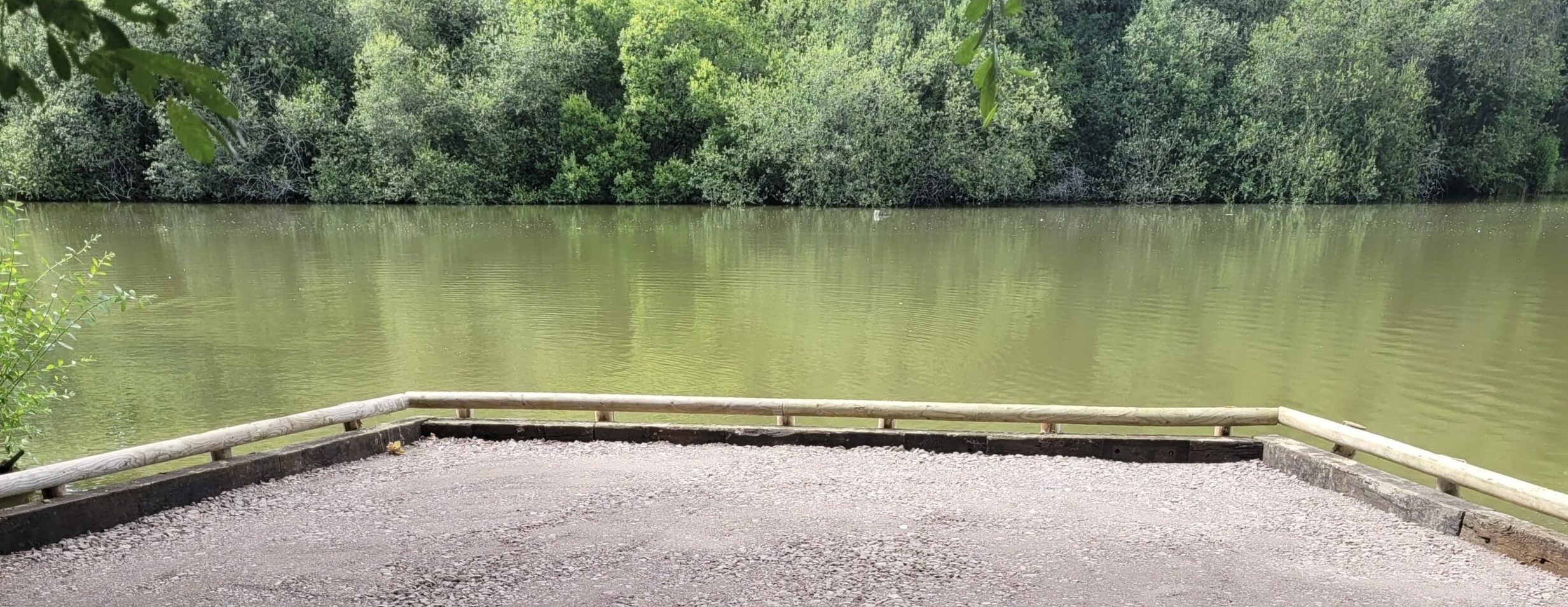
The Fisheries Improvement Programme – Supporting Club Development
